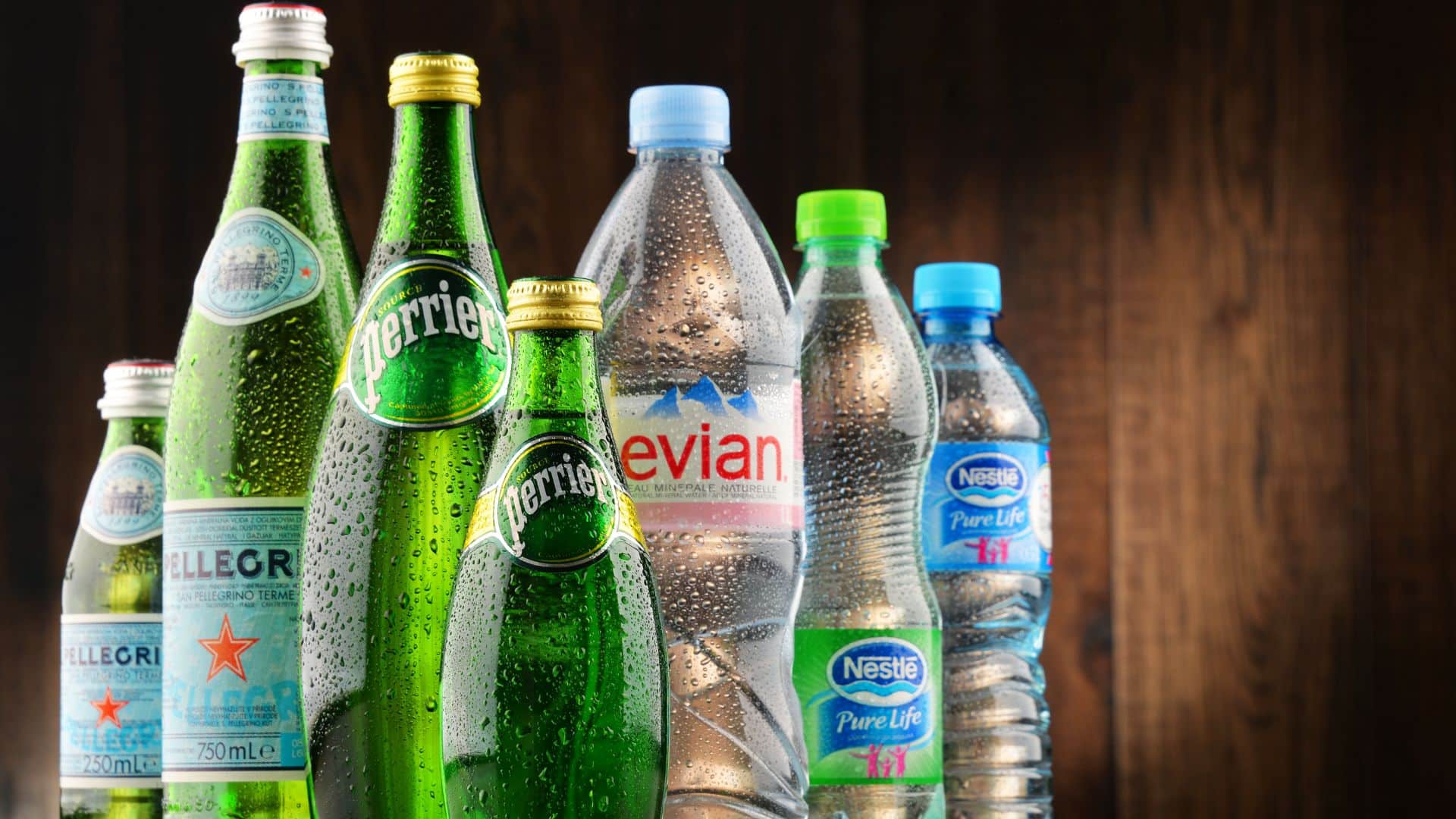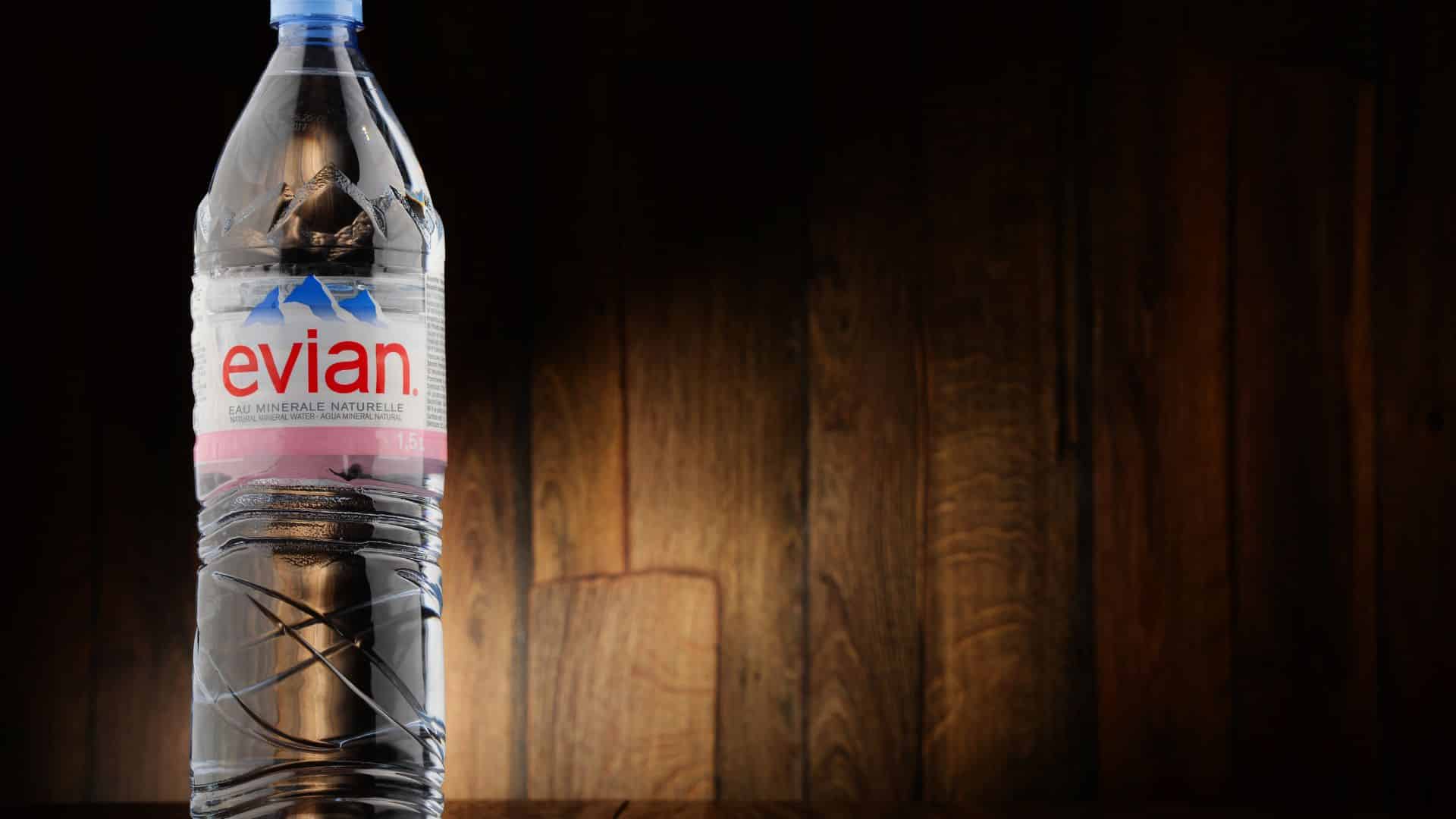Water Bottle Brands to Avoid Due to Dangerous Ingredients


We’d like to believe that bottled water is the safest thing fro us, but as it turns out there are some brands that have come under fire for containing potentially dangerous ingredients. From added chemicals to microplastics, these bottles may not be as clean as their labels suggest. Here’s a closer look at a few brands linked to potential health concerns.
Aquafina

Aquafina, owned by PepsiCo, has faced criticism for being little more than filtered tap water. The product is marketed as “pure water”, yet studies have uncovered trace levels of microplastics and other residues. This raises questions about whether it’s truly any safer than the tap water from your sink at home.
Aquafina’s Safety Debate

In addition to the microplastics, concerns have been raised about chemical leaching from Aquafina’s plastic bottles. In the heat, this may release harmful substances like BPA alternatives or microplastics.
Dasani

Dasani is a Coca-Cola product that has received criticism for its ingredient list. Unlike many other bottled water brands, Dasani includes minerals and additives such as magnesium sulfate and potassium chloride, which can alter the taste and potentially upset sensitive stomachs. These added chemicals make some people question whether “enhanced” water is truly necessary.
Dasani’s Plastic Problem

In addition to additives, Dasani bottles also contain microplastics. Researchers warn that these particles may build up in the body over time, though the long-term effects are still being studied.
Nestlé Pure Life

Nestlé Pure Life has come under fire on multiple occasions for its sourcing and purification process. While marketed as family-friendly, reports of contamination with microplastics have placed the brand under scrutiny. The fact that it’s marketed so heavily to parents makes the potential risks more concerning.
Nestlé Pure Life’s Controversy

Nestlé has also faced backlash for extracting groundwater in areas already struggling with water shortages. Combined with the possible presence of harmful particles, the brand has faced backlash for both health and environmental concerns.
Evian

Evian is often marketed as a premium water brand sourced from the French Alps. However, even this luxury label can’t escape studies detecting microplastic contamination in its bottles. This calls into question whether “natural spring water” is as pure as consumers are led to believe.
Evian’s Image vs. Reality

Clearly, image isn’t everything as the brand’s upscale image faces the same plastic-related risks as more affordable brands. Chemicals can seep into the water under certain storage conditions, such as being left in the sun. For a product with a hefty price tag, the potential hazards may not match the marketing.
Water Safety

While bottled water is often seen as a safer, more convenient choice, not all brands live up to that promise. Issues like microplastics, chemical additives, and bottle leaching highlight the importance of questioning what’s really in your drink.
